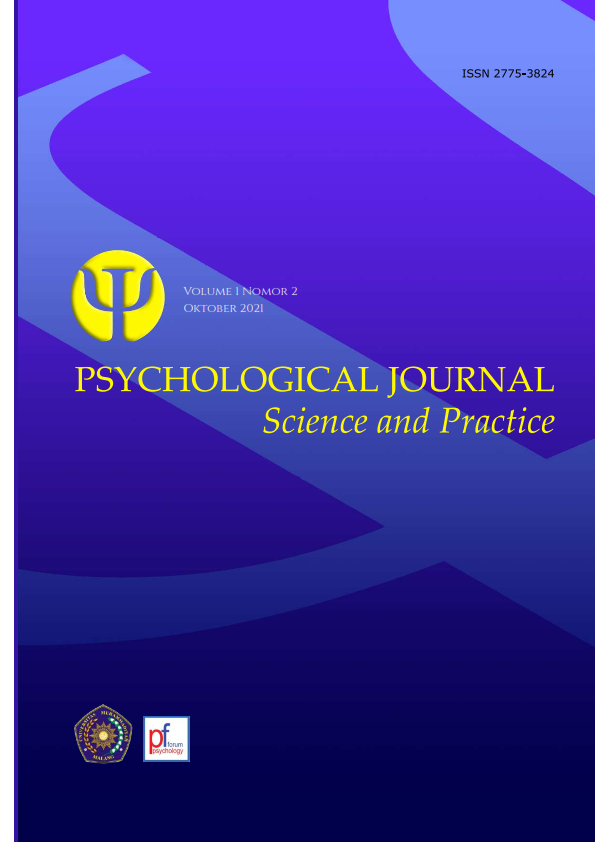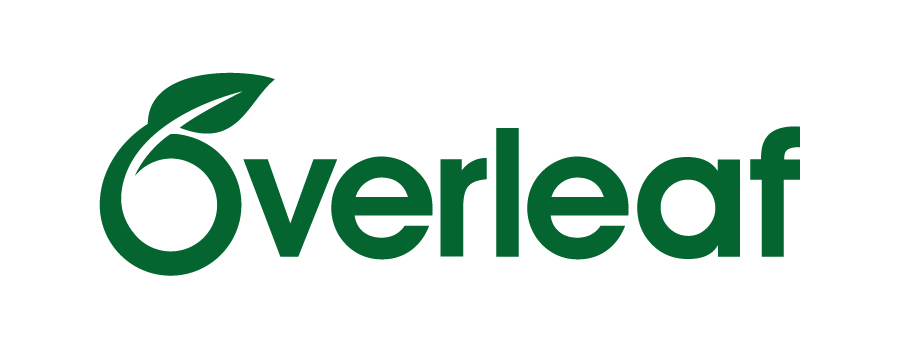The effect of traditional game Congklak Lidi with BERLIAN method to improve honest attitude to the children
DOI:
https://doi.org/10.22219/pjsp.v1i2.19615Keywords:
congklak lidi, traditional game, honest attitude, experimental studyAbstract
The Congklak Lidi is a traditional game that has high values in building children’s character. The good values in this game is to build an honest attitude. Among the various traditional games that have been researched, found that the traditional Congklak Lidi has values that could stimulate children’s honesty. The purpose of this study was to determine does the game of Congklak Lidi could increase honesty in children. The research was experimental design with pretest-posttest control group. The research subjects were elementary school students in Dau (a sub-district in Malang). The research instrument used an attitude of honesty scale and was completed with interviews and observations. The data were analyzed by using t-test. The results of the study showed that the game of Congklak Lidi with the BERLIAN method significant increase the attitude of honesty in children. The honesty attitude occurs in aspect of cognitive, aspect of conative, and aspect of affective.
Downloads
References
Batubara, J. (2015). Pengembangan karakter jujur melalui pembiasaan. Jurnal Konseling Dan Pendidikan, 3(1), 1–6.
https://doi.org/10.29210/112000
Bishop, JC, & Curtis, M. (2001). Play today in the primary school playground: Life, learning, and creativity. Bucingham: Open University Press.
Bryant, E. (2008). Real lies, white lies and gray lies: Towards a typology of deception. Kaleidoscope: A Graduate Journal of
Qualitative Communication Research, 7, 23–48.
Durham, J. (2017). Integrity and honesty: Important attributes. Life Coach Expert.http://www.lifecoachexpert.co.uk/
integrityhonestyimportantattributes.html
Halevy, R., Shalvi, S., & Verschuere, B. (2014). Being honest about dishonesty: Correlating self-reports and actual lying.
Human Communication Research, 40(1), 54–72.https://doi.org/10.1111/hcre.12019
Isiwinarti & Suminar (2019). Improving children problem solving skill through Javanese traditional games. Cakrawala
Pendidikan, 38(3), 578-589.
Iswinarti. (2017). Permainan tradisional: prosedur dan analisismanfaat psikologis. Malang: UMM Press.
Kementrian Pendidikan dan Kebudayaan (2017). Penguatan pendidikan karakter jadi pintu masuk pembenahan
pendidikan nasional.https://www.kemdikbud.go.id/main/blog/2017/07/penguatan-pendidikan-karakter-jadi-pintumasuk-pembenahan-pendidikan-nasional
Rochmawati, N. (2018). Peran guru dan orang tua membentuk karakter jujur pada anak. Al Fikri Jurnal Studi Dan Penelitian
Pendidikan Islam, 1(2), 1–12.
Stoll, A. (2013). Be honest with Me: An exploration of lies in relationships [University of Wisconsin Milwaukee]. In Theses
and Dissertations.http://dc.uwm.edu/etd/165
Sujarno, Galba, S., Larasati, T.A., & Isyanti. (2013). Pemanfaatan permainan tradisional dalam pembentukan karakter anak.
Yogyakarta: Balai Pelestarian Nilai Budaya (BPNB).
Susanti, F., Siswanti, & Widodo, P.B. (2010). Pengaruh permainan tradisonal terhadap kompetensi interpersonal dengan teman sebaya pada siswa SD (Studi Eksperimental pada siswa kelas 3 SDN Srondol Wetan 04-09 dan SDN Srondol Wetan 05-08). Jurnal Psikologi Undip, 8(2).
Tilaar, H.A.R. (2008). Karakteristik bangsa dalam perspektif pedagogik kontemporer, dalam Saifudin dan Karim, Refleksi
Karakter Bangsa. Jakarta: Forum Kajian Antropologi Indonesia

Downloads
Published
How to Cite
Issue
Section
License
Copyright (c) 2022 Iswinarti

This work is licensed under a Creative Commons Attribution-ShareAlike 4.0 International License.
Authors who publish with Psychological Journal: Science and Practice (PJSP) agree to the following terms:
- For all articles published in Psychological Journal: Science and Practice (PJSP), copyright is retained by the authors. Authors give permission to the publisher to announce the work with conditions. When the manuscript is accepted for publication, the authors agree to automatic transfer of the publishing right to the publisher.
- Authors retain copyright and grant the journal right of first publication with the work simultaneously licensed under a Creative Commons Attribution-ShareAlike 4.0 International License that allows others to share the work with an acknowledgment of the work's authorship and initial publication in this journal.
- Authors are able to enter into separate, additional contractual arrangements for the non-exclusive distribution of the journal's published version of the work (e.g., post it to an institutional repository or publish it in a book), with an acknowledgment of its initial publication in this journal.
- Authors are permitted and encouraged to post their work online (e.g., in institutional repositories or on their website) prior to and during the submission process, as it can lead to productive exchanges, as well as earlier and greater citation of published wor (See The Effect of Open Access).
This work is licensed under a Creative Commons Attribution-ShareAlike 4.0 International License.







